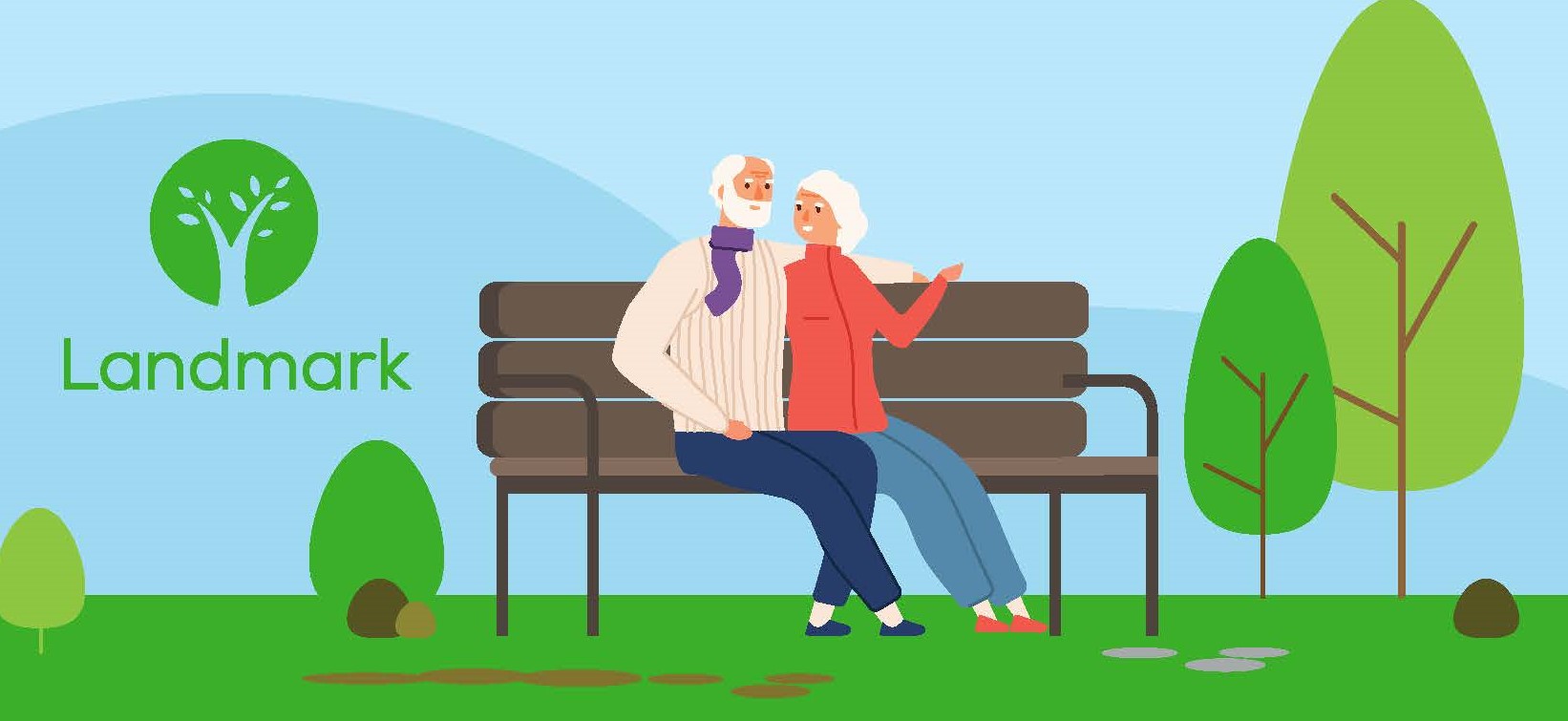
Blog post
Prioritizing Mental Health as a Universal Human Right
By: Neltada Charlemagne, DNP, APRN, PMHNP-BC, PHN, BHC
With more information and control in the hands of the consumer, medicine has become more patient-centered.

Online access to health information has opened a new world of knowledge for patients and caregivers. Most people can now easily access educational health information online, creating an “information revolution” that has empowered healthcare consumers. Patients and caregivers can make informed choices that they didn’t previously have the medical information to make.
What are the positive effects of more informed patients?
With more information and control in the hands of the consumer, medicine has become more patient-centered. New trends have emerged, such as:
While the effects of the informed consumer have been primarily positive, it is important that online information prompts patients to ask more informed questions during discussions with providers. It should not be used for self-diagnosis or self-medicating.
Ultimately, the rise in healthcare consumerism and increased access to healthcare information have resulted in more choices than ever for patients and caregivers.

By: Neltada Charlemagne, DNP, APRN, PMHNP-BC, PHN, BHC

Older adults can safeguard themselves from the physical, mental and emotional toll of unexpected medical costs.

Optum Care Network – Monarch has teamed up with Landmark to deliver in-home medical care to members with multiple chronic conditions.